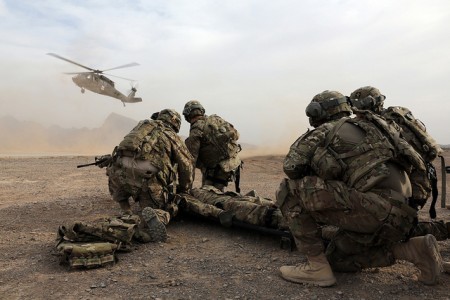
This article was originally published by Europp (European Politics and Policy), a blog of the London School of Economics and Political Science.
The Ethics of Armed Conflict: A Cosmopolitan Just War Theory. John W. Lango. Edinburgh University Press. January 2014.
In recent years, just war theory has witnessed a remarkable intellectual revival. Predominantly a phenomenon in English-speaking philosophical circles, contemporary just war theory has tackled many pressing issues relating to the use of armed force with increasing philosophical sophistication, drawing upon insights from other philosophical subfields, such as political theory, legal theory, and bioethics. John W. Lango’s latest book is best viewed against this background.
Mirroring recent debates on global justice in political theory, contemporary just war theory can be roughly divided into non-cosmopolitan and cosmopolitan approaches.
In a nutshell, the former approach attaches moral significance to communal and state boundaries, whereas the latter, upholding an ideal of world citizenship, deems borders morally irrelevant. As its title suggests, Lango’s book is committed to the second perspective.




